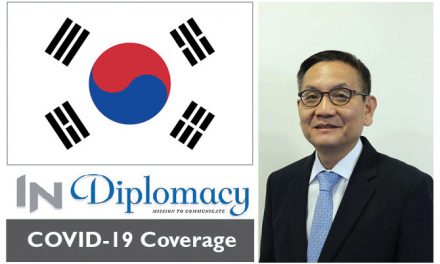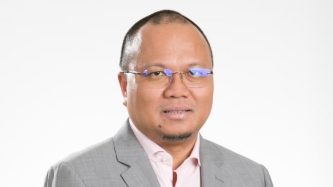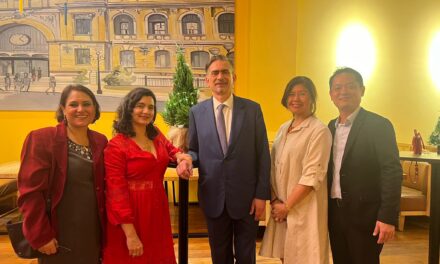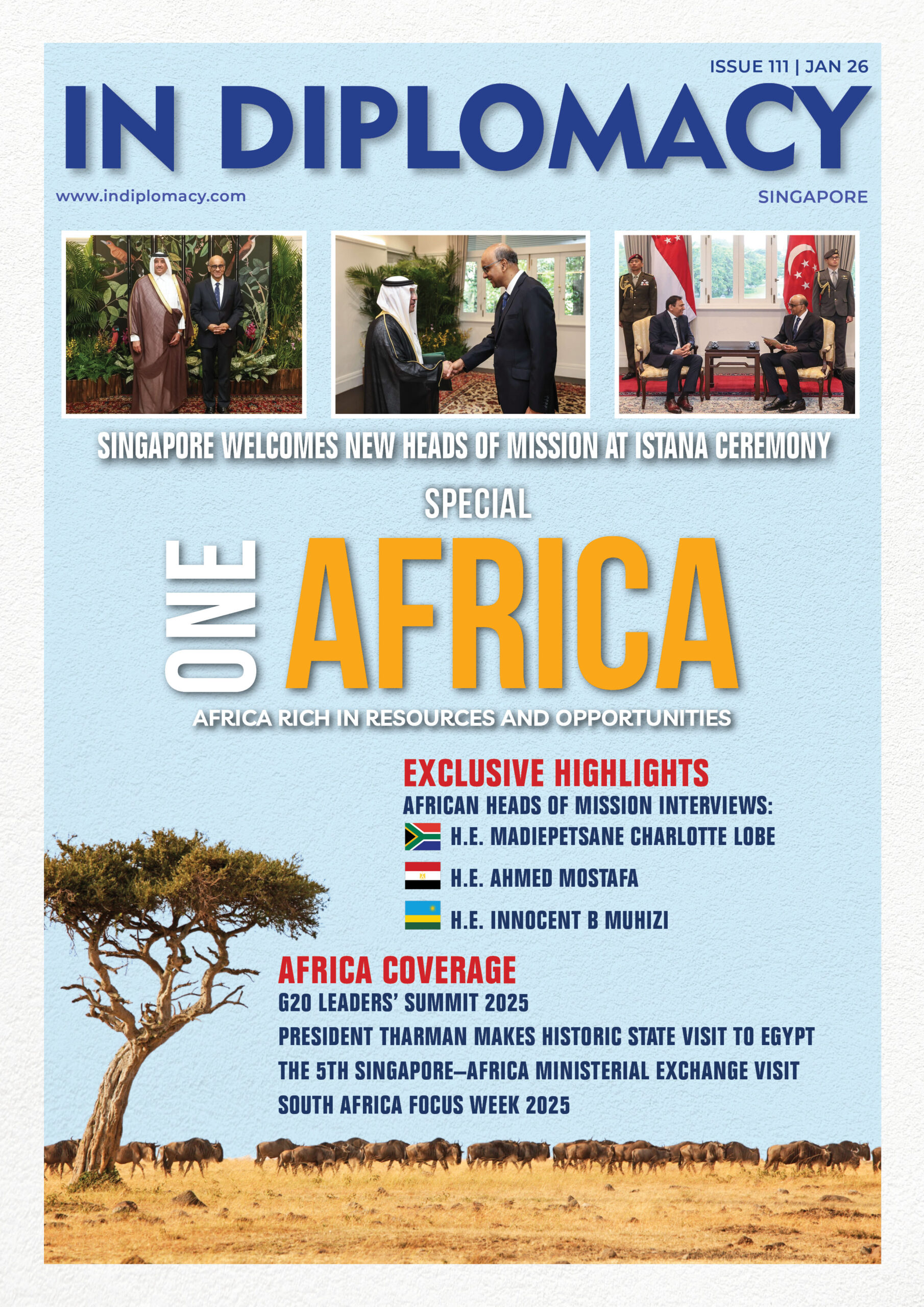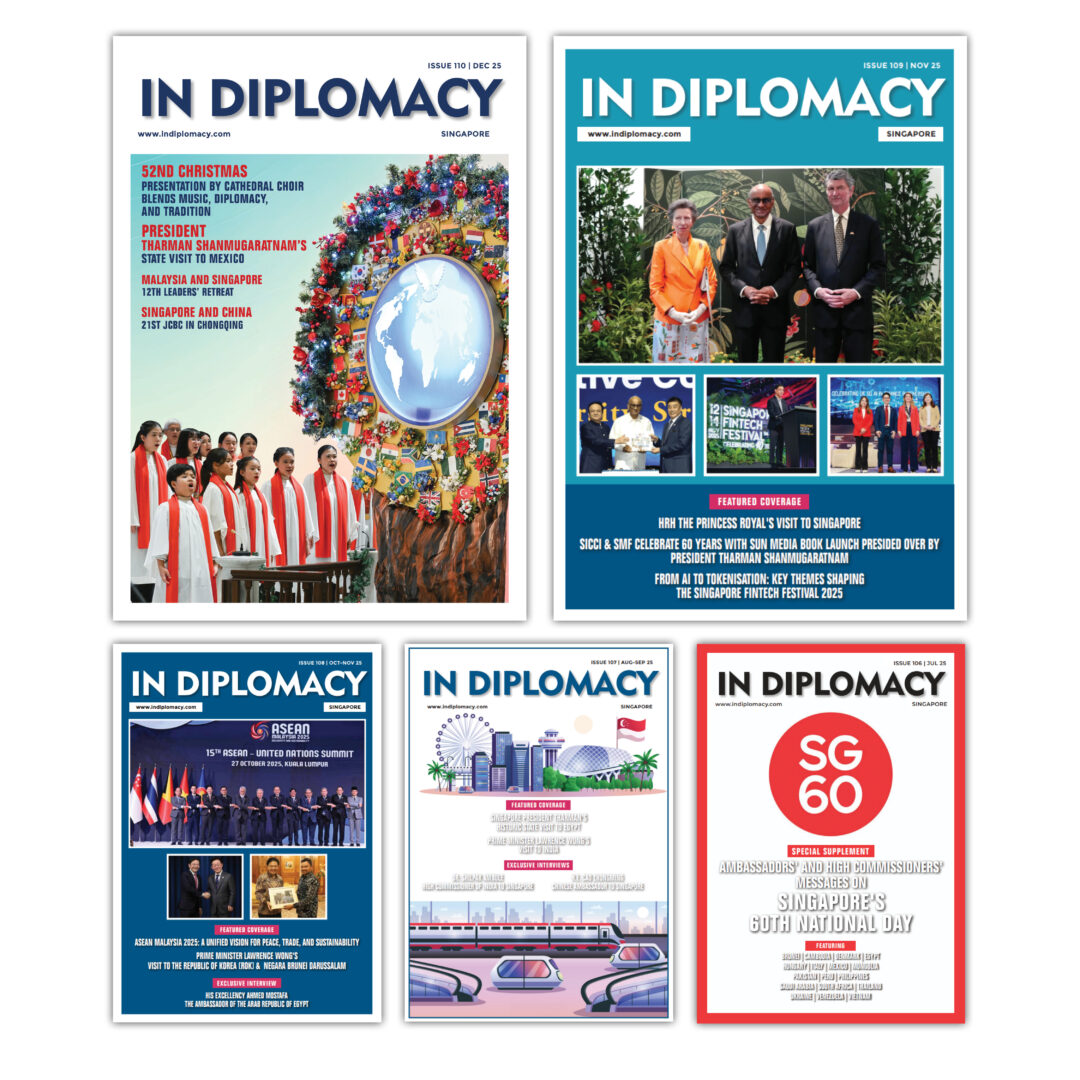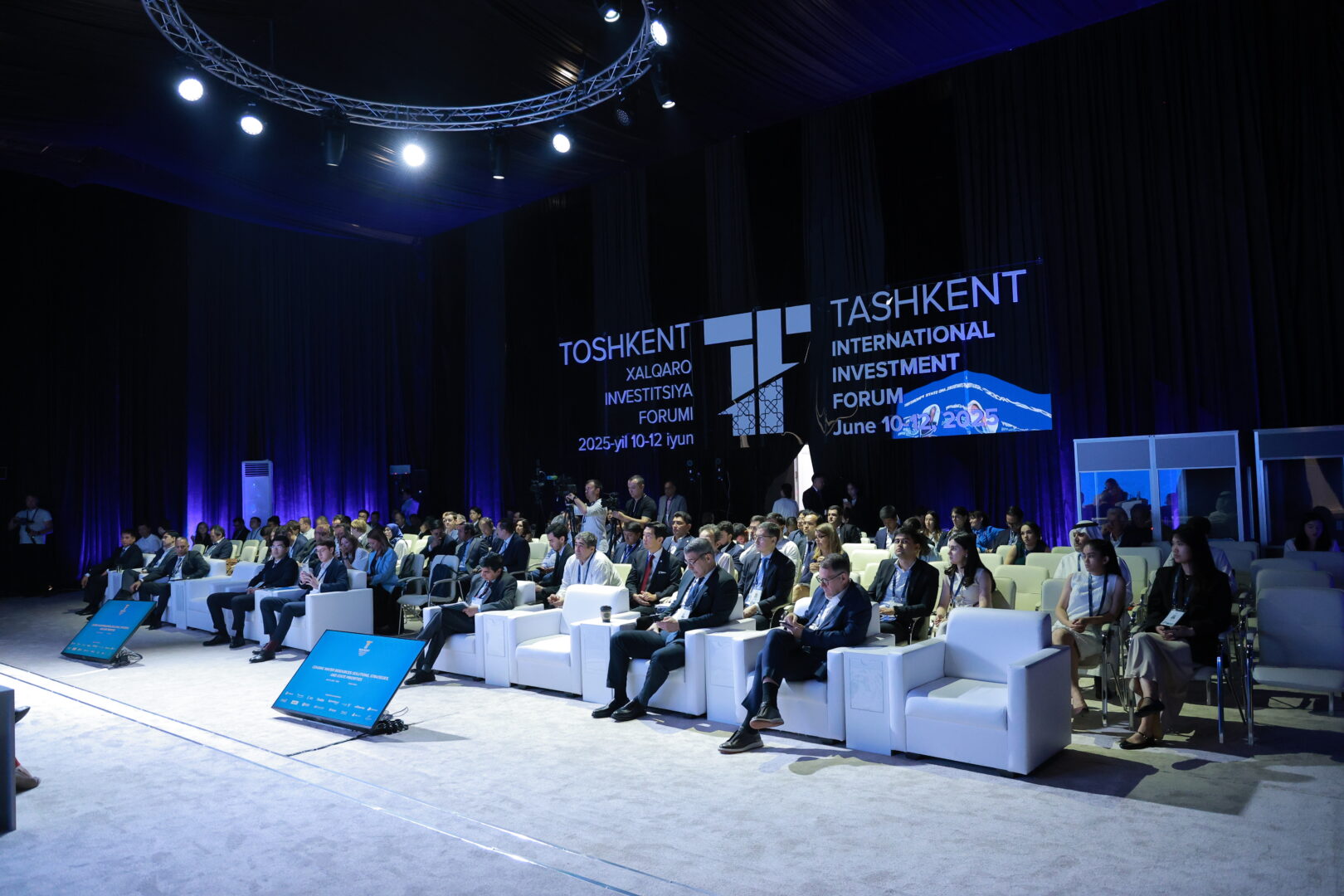
Water management, platform-based employment, digital banking, critical minerals, and transport infrastructure took centre stage on the third day of the Tashkent International Investment Forum 2025.
Tashkent, 11 June 2025 – The third day of the Tashkent International Investment Forum 2025 brought together international experts, government officials, and industry leaders for a series of panel sessions addressing Uzbekistan’s strategic development priorities and investment potential.
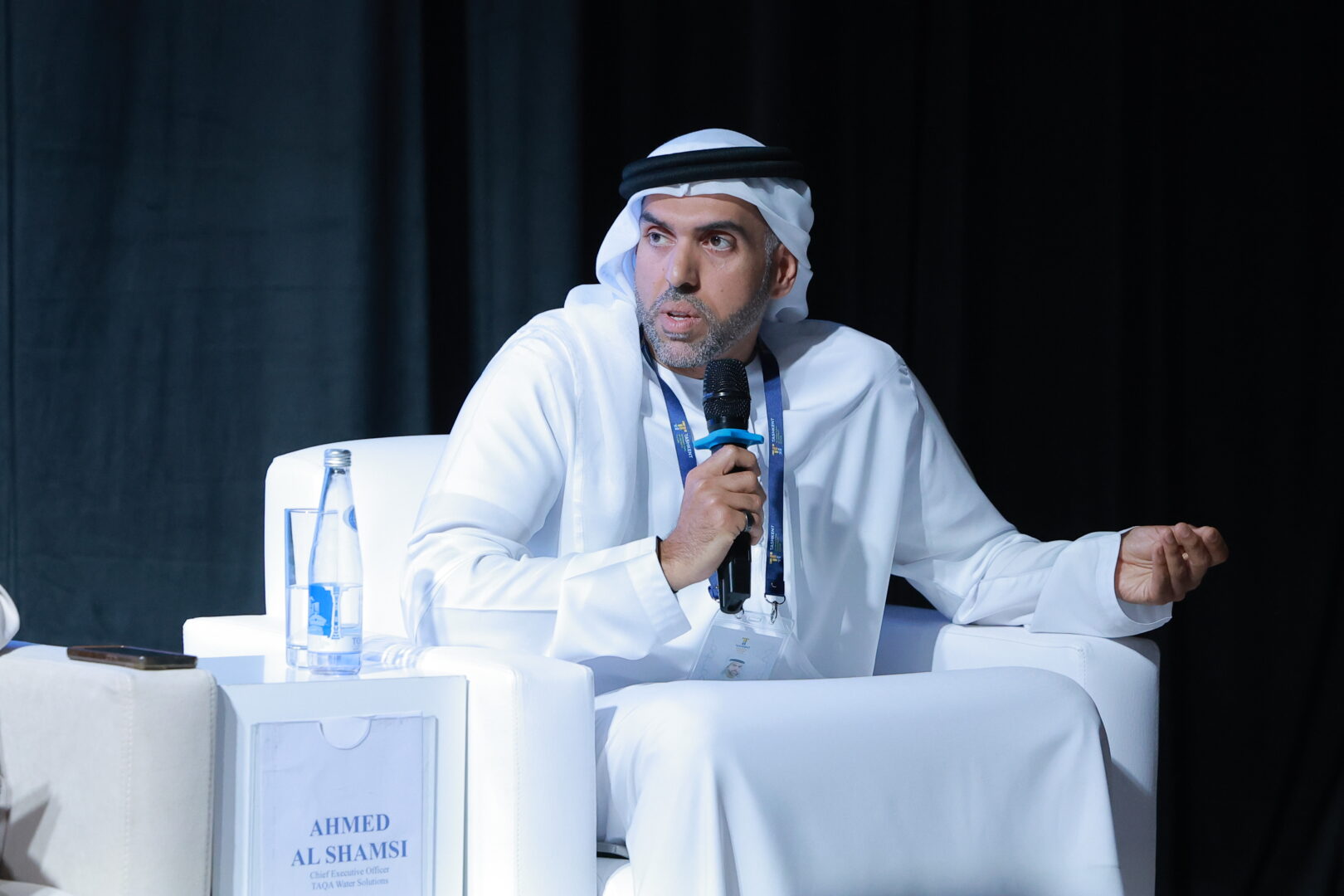
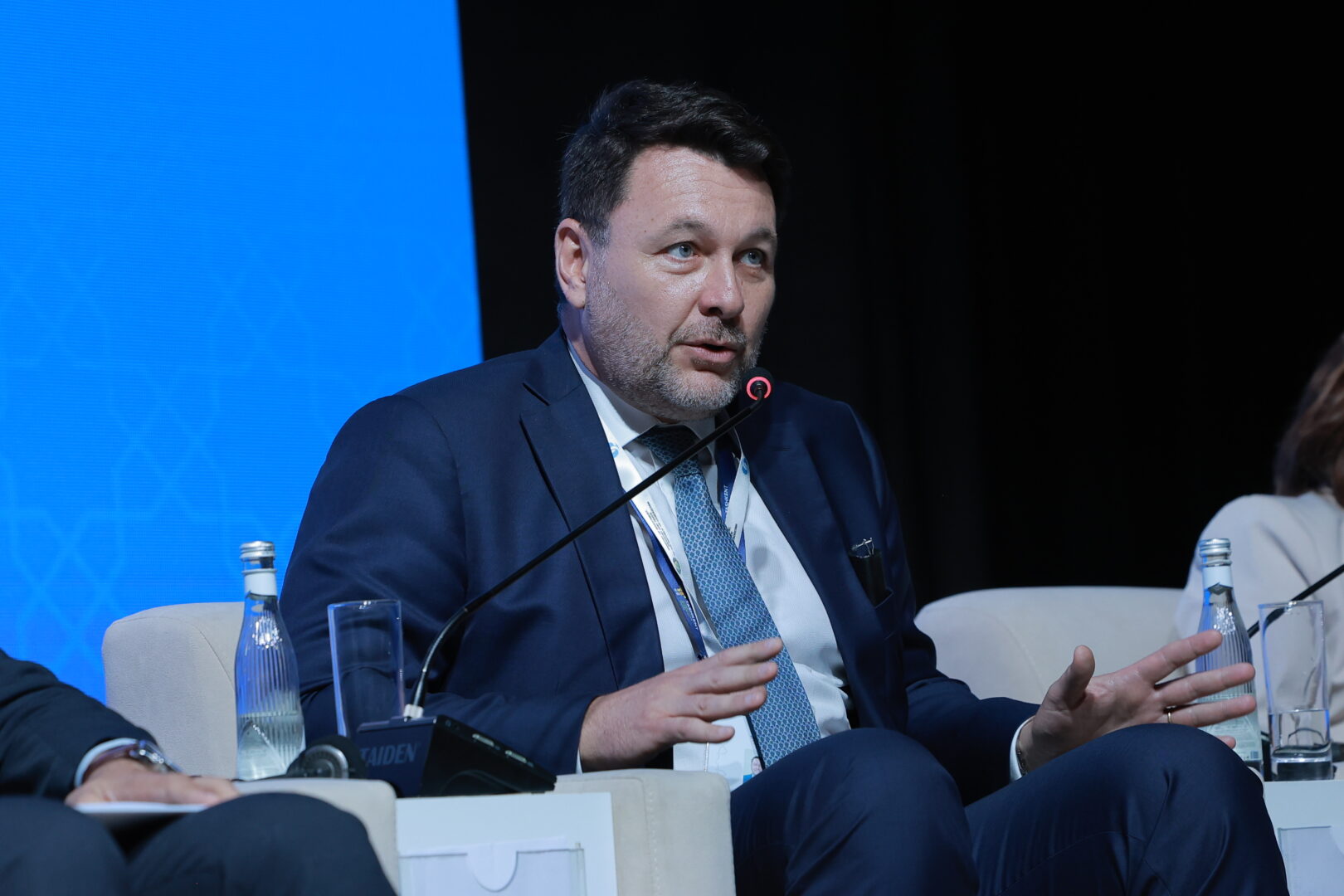
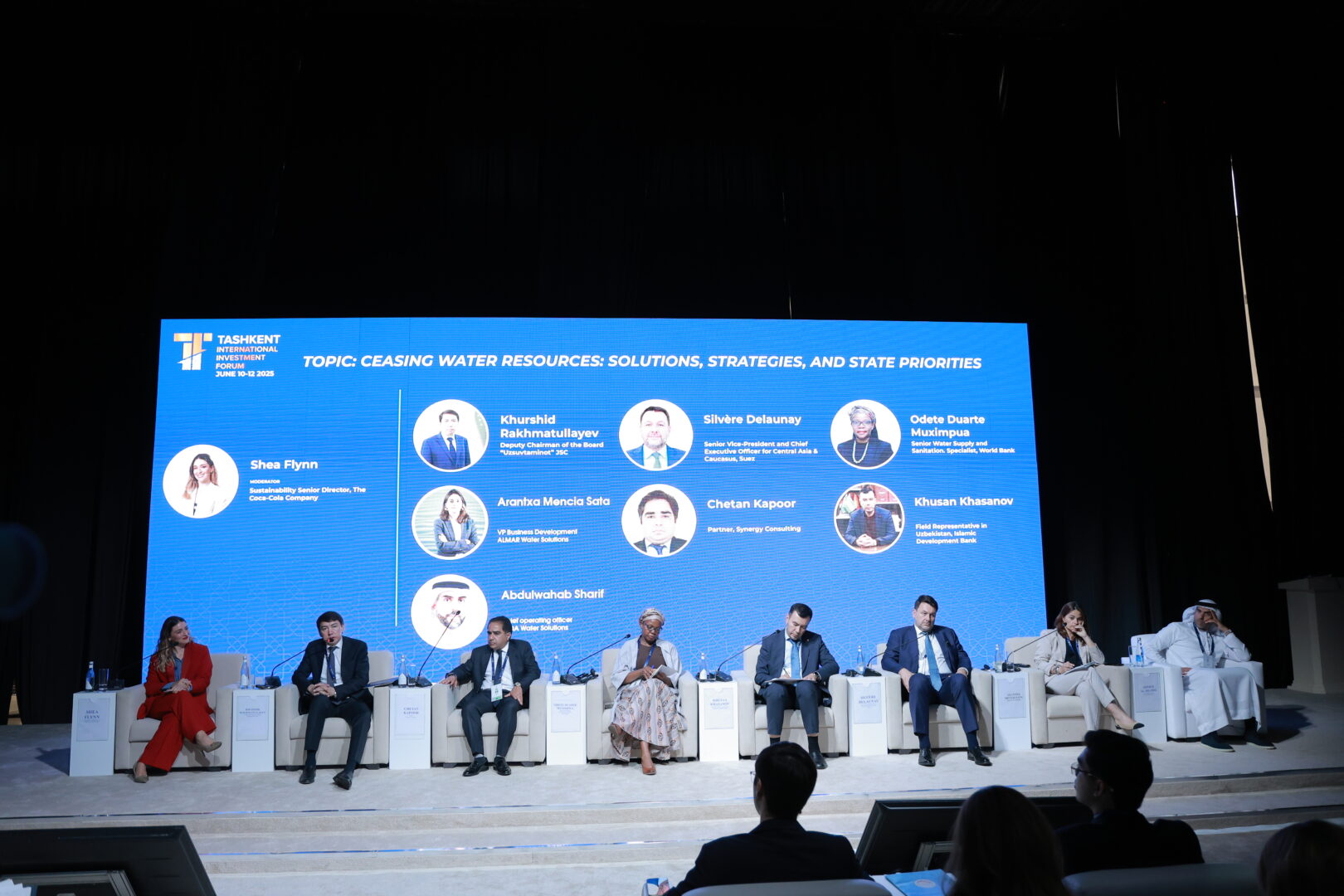
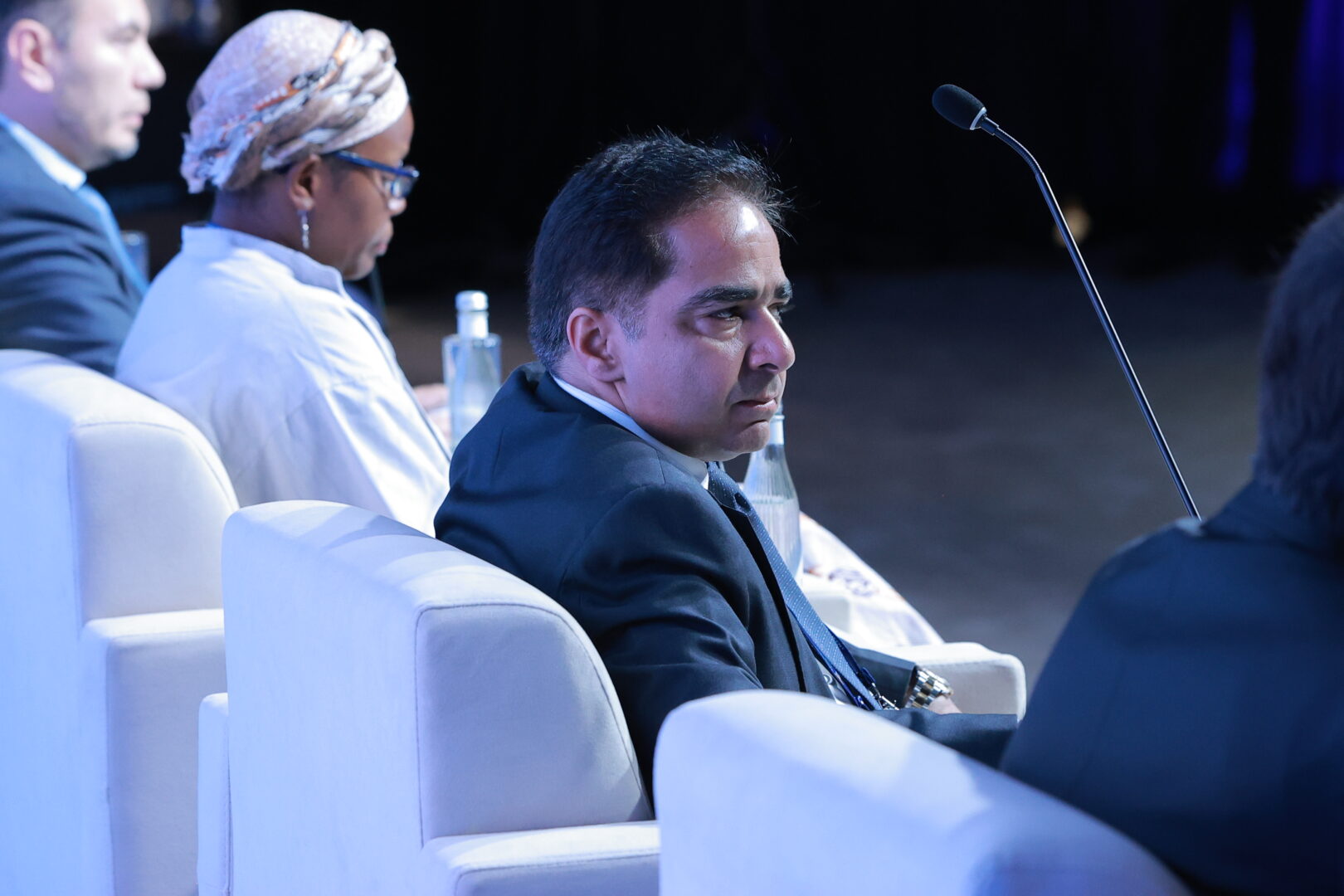
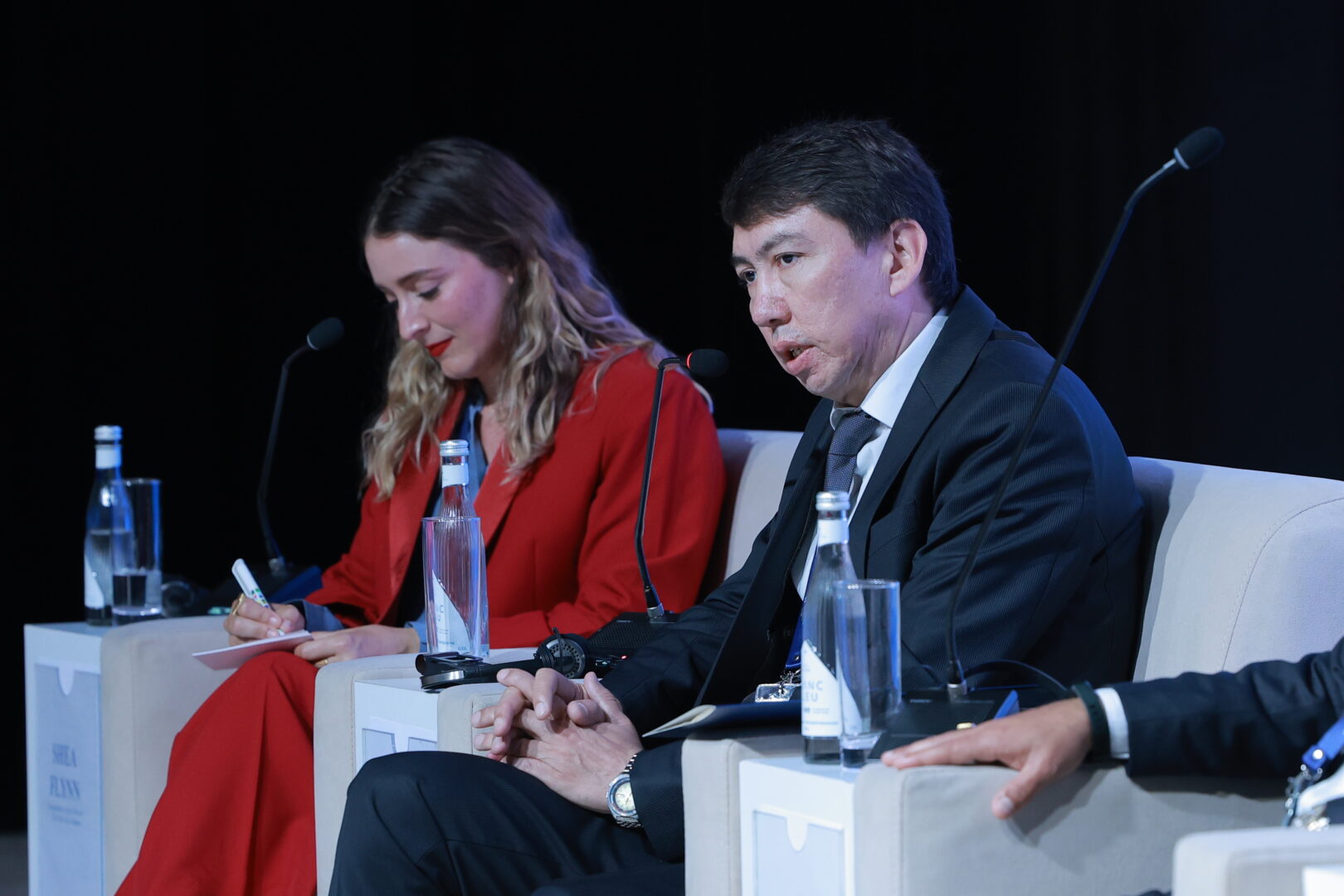

In a high-level session titled “Ceasing Water Resources: Solutions, Strategies, and State Priorities,” experts tackled Uzbekistan’s pressing water challenges and strategies for sustainable water management. Moderated by Shea Flynn, Director of Sustainable Development at Coca-Cola, the session highlighted international partnerships and environmental goals, such as Coca-Cola’s replenishment projects in water-scarce regions like Uzbekistan.
Representatives from the World Bank, Islamic Development Bank, and “Uzsuvtaminot” JSC outlined investment plans exceeding $2 billion, stressing the importance of infrastructure development, digitalisation, and collaboration. Odete Duarte Muximpua from the World Bank noted the urgent need to provide safe water access to 7 million people and improve wastewater treatment systems, while Khurshid Rakhmatullayev of “Uzsuvtaminot” JSC addressed responsible water usage and the reduction of water losses.
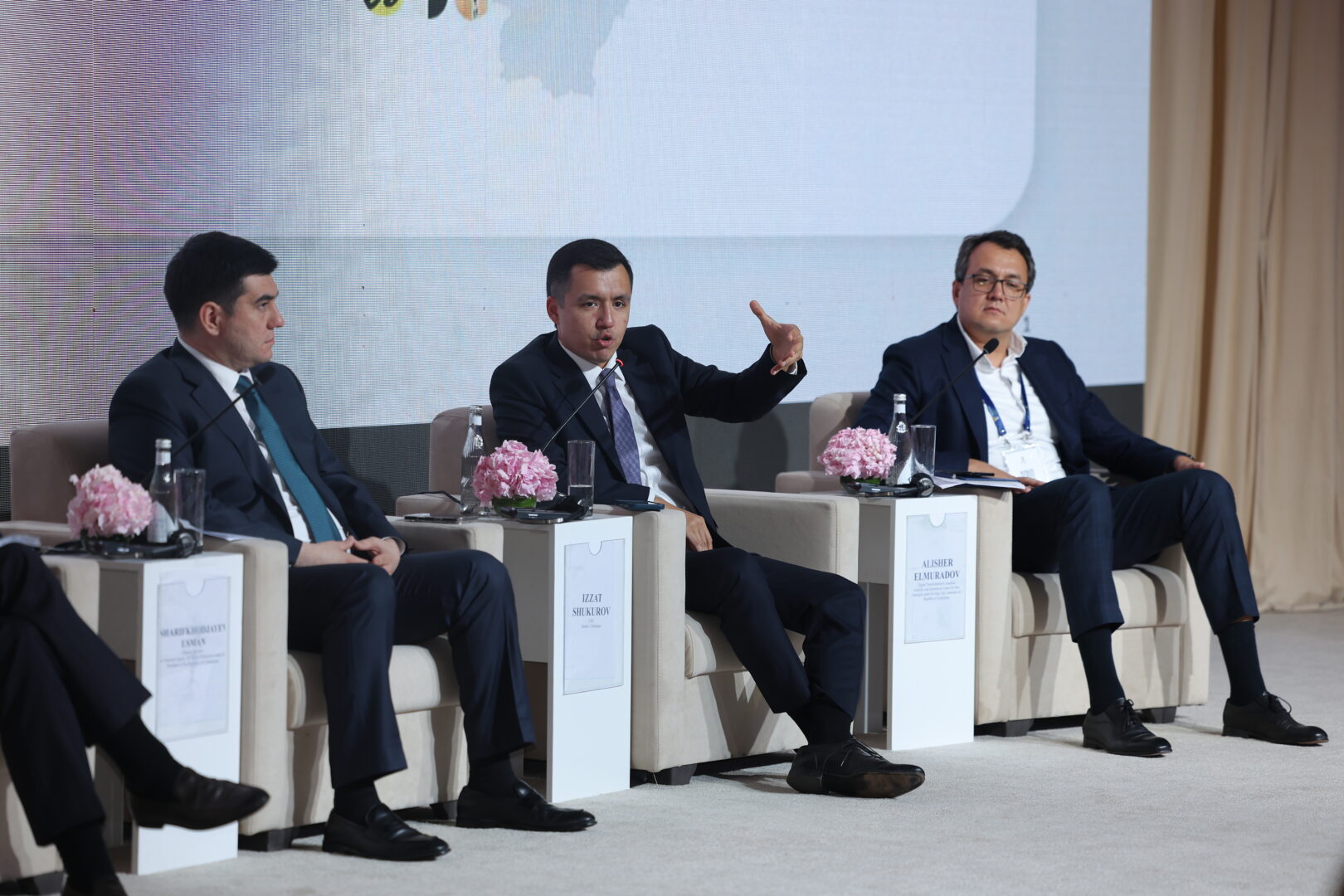
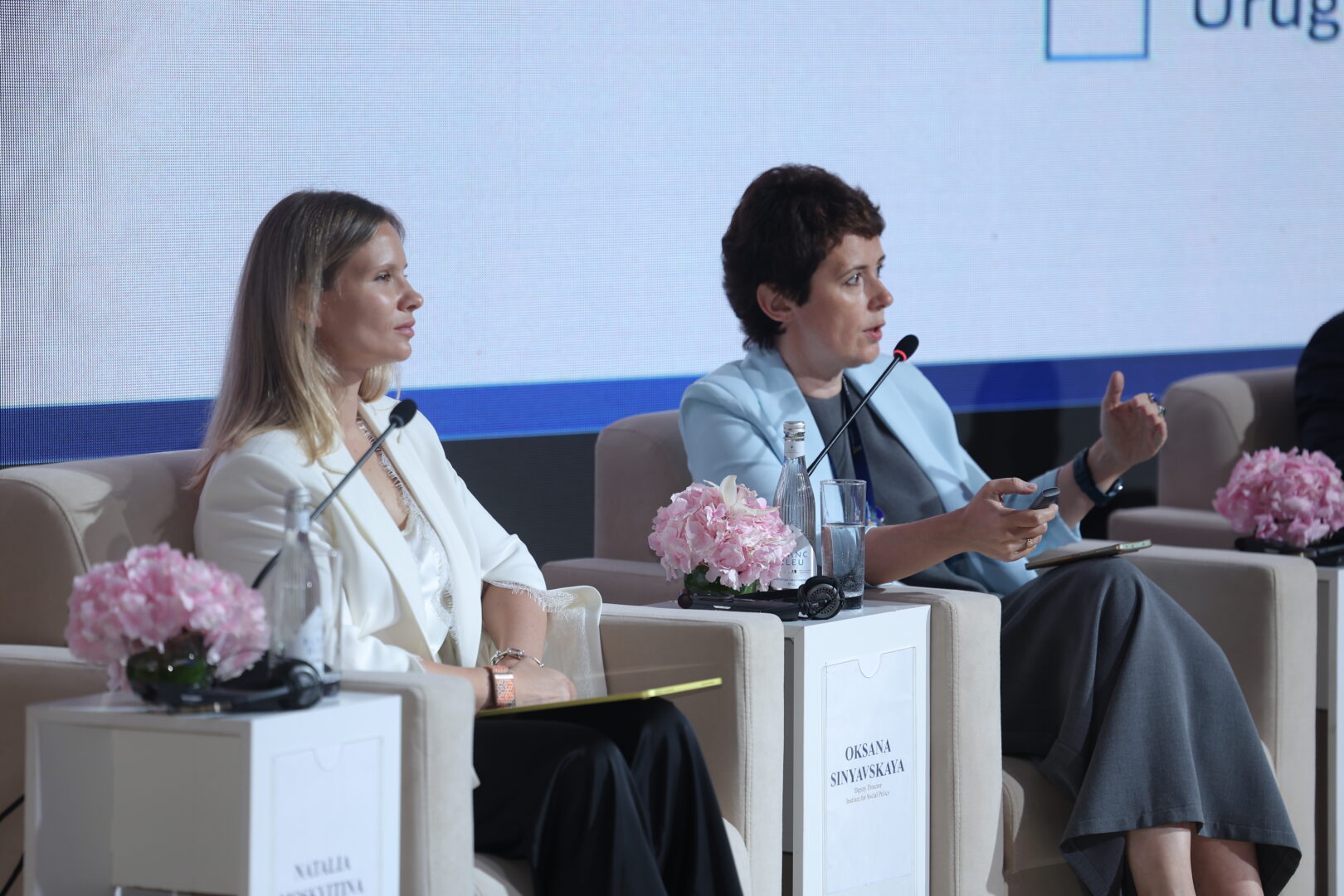
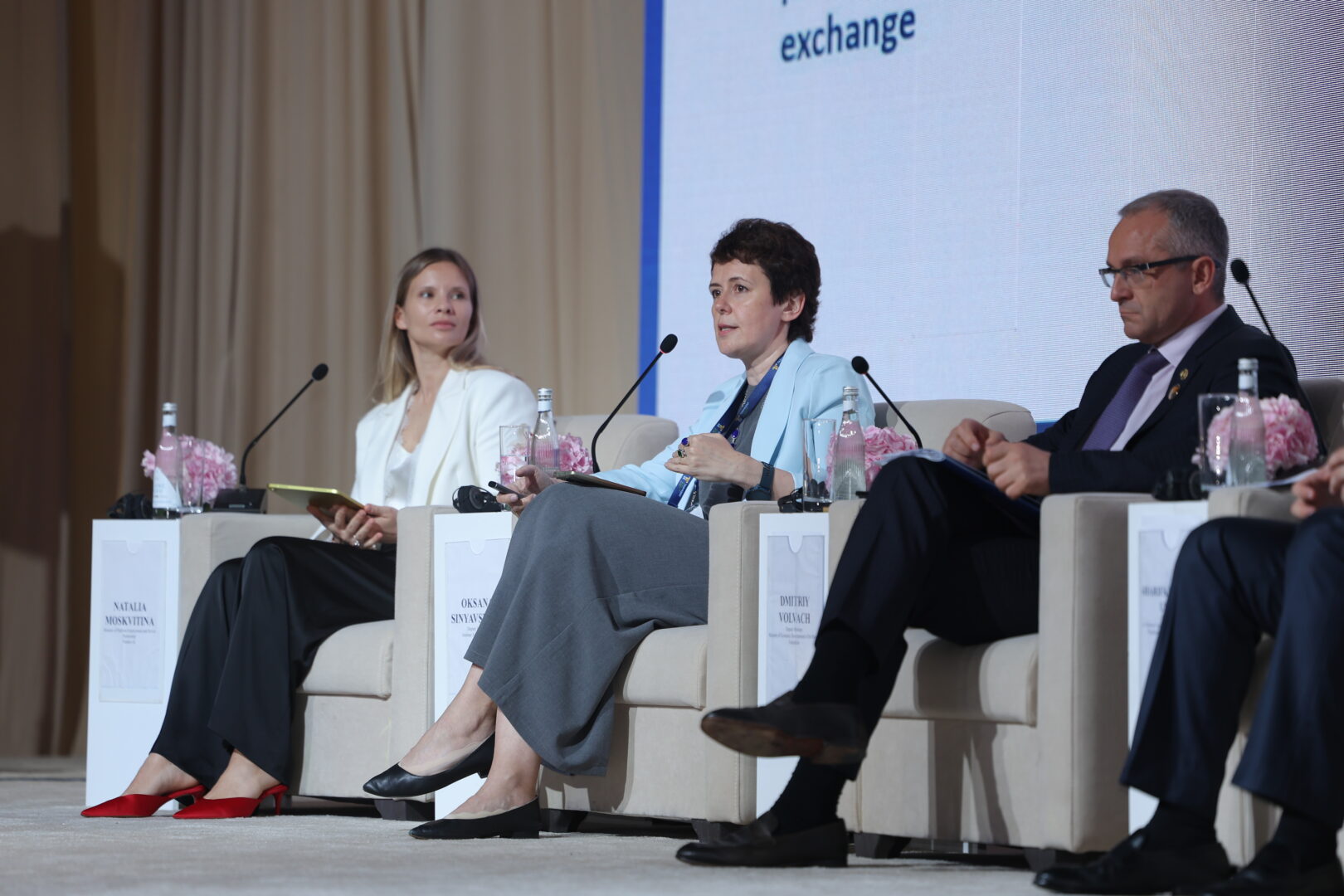
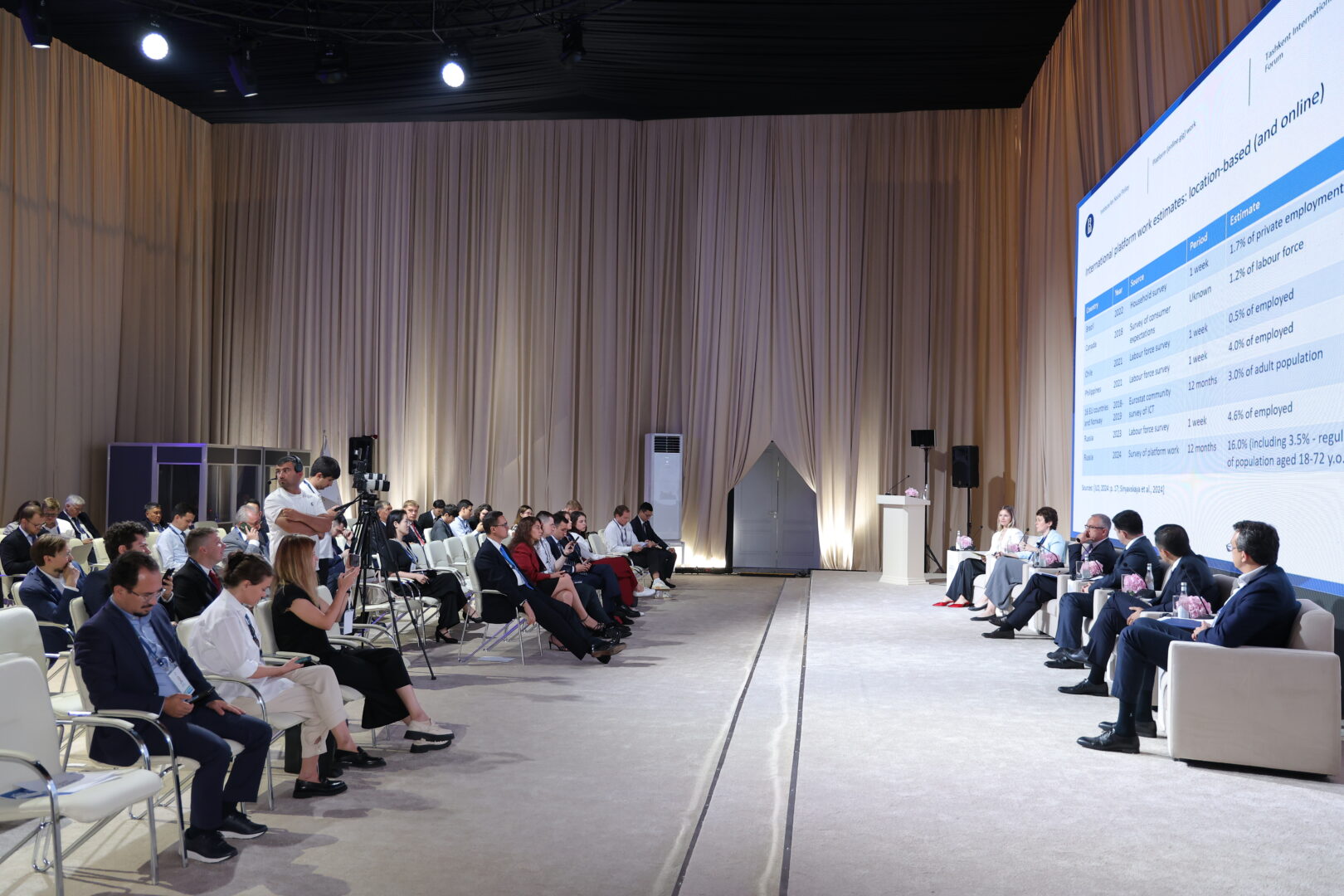
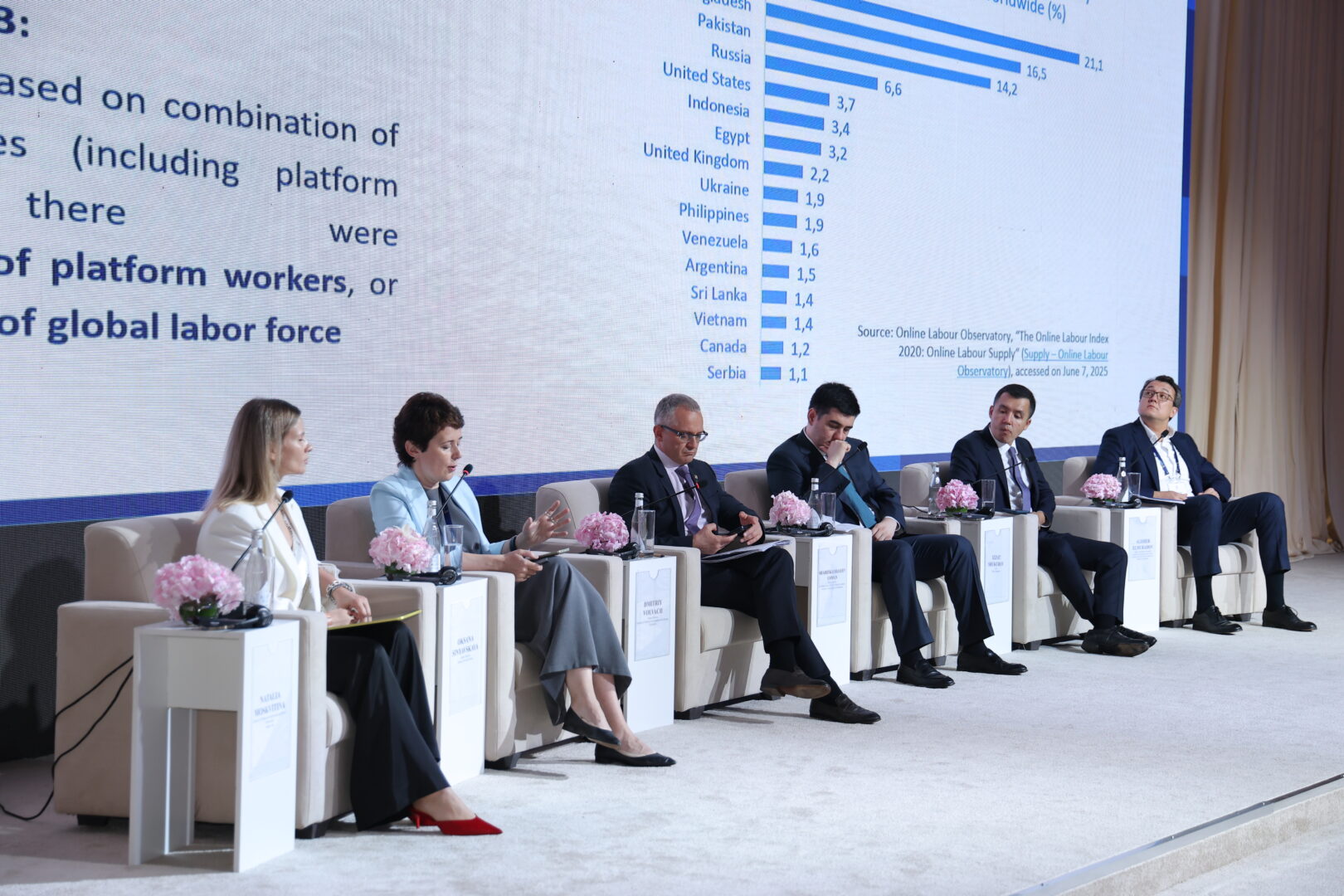
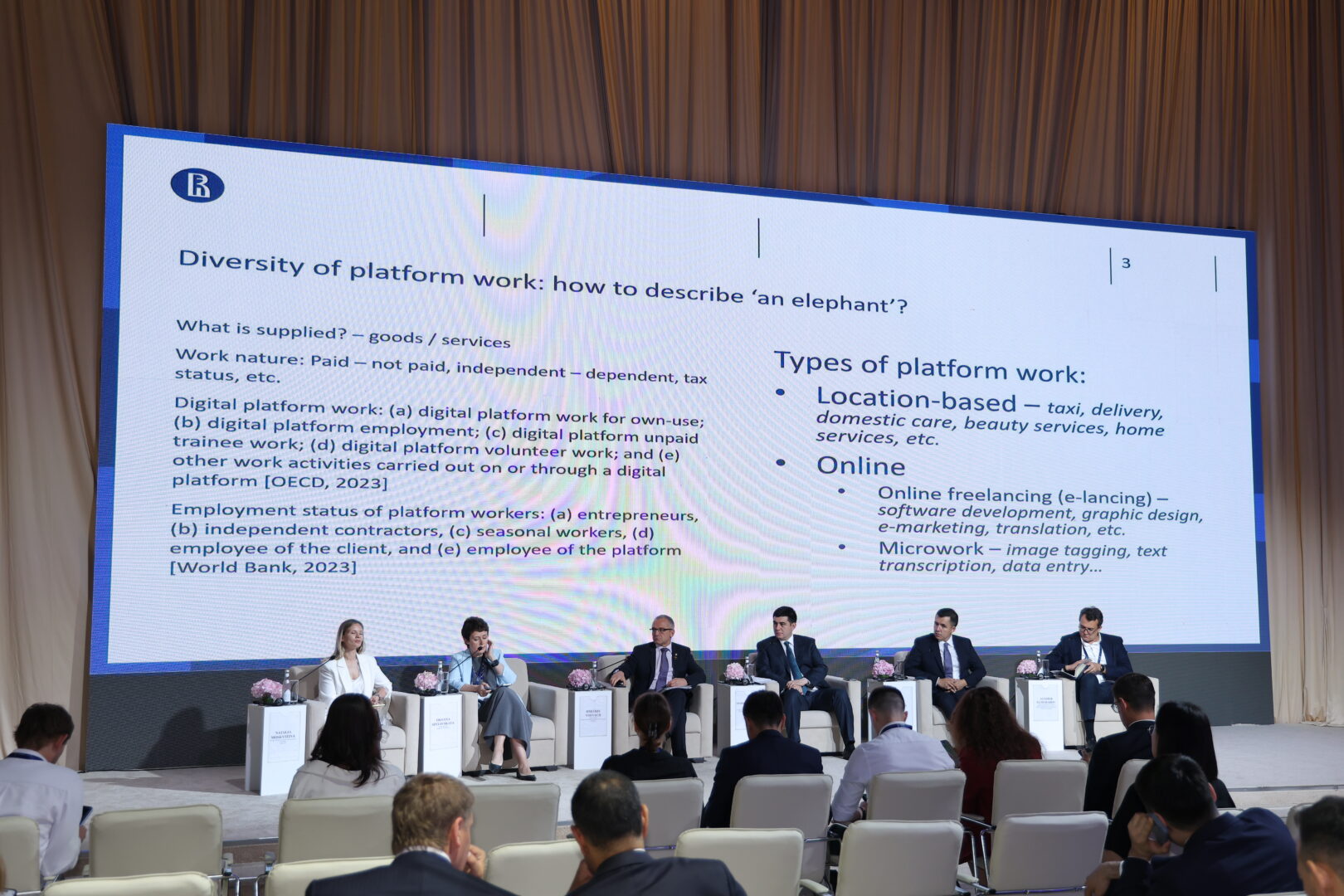
A separate session titled “Platform Employment – Effective Staffing as a Key Success Factor for Investors” explored the rise of digital labour platforms and their role in transforming employment models. Moderated by Natalia Moskvitina of Yandex Go, the session included insights from Russian Deputy Minister of Economic Development Dmitry Volvach and Yandex Uzbekistan CEO Izzat Shukurov. Speakers underscored the flexibility offered by platform-based work, its potential to include vulnerable groups, and the necessity for appropriate legal frameworks to support this fast-growing labour segment.
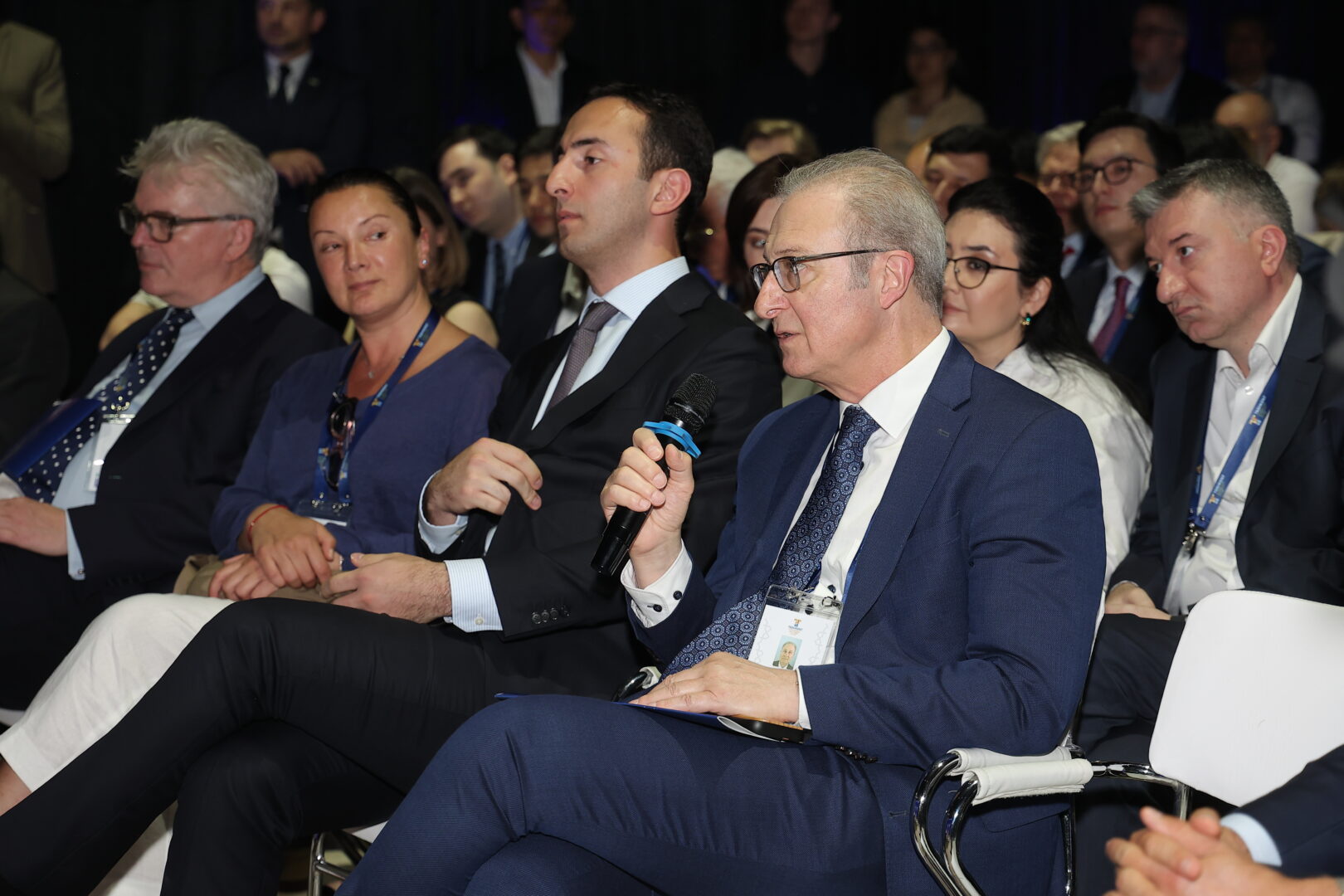
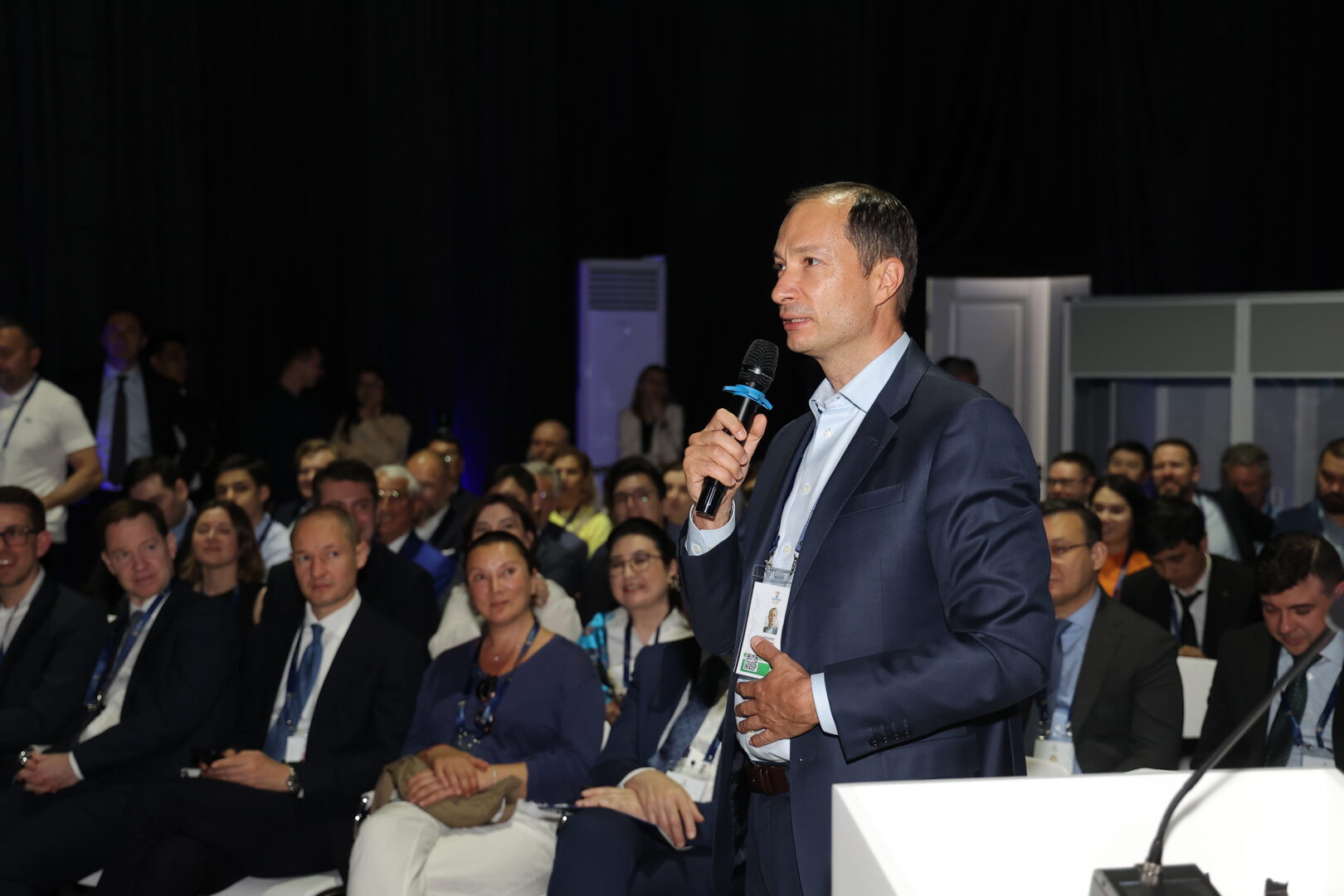
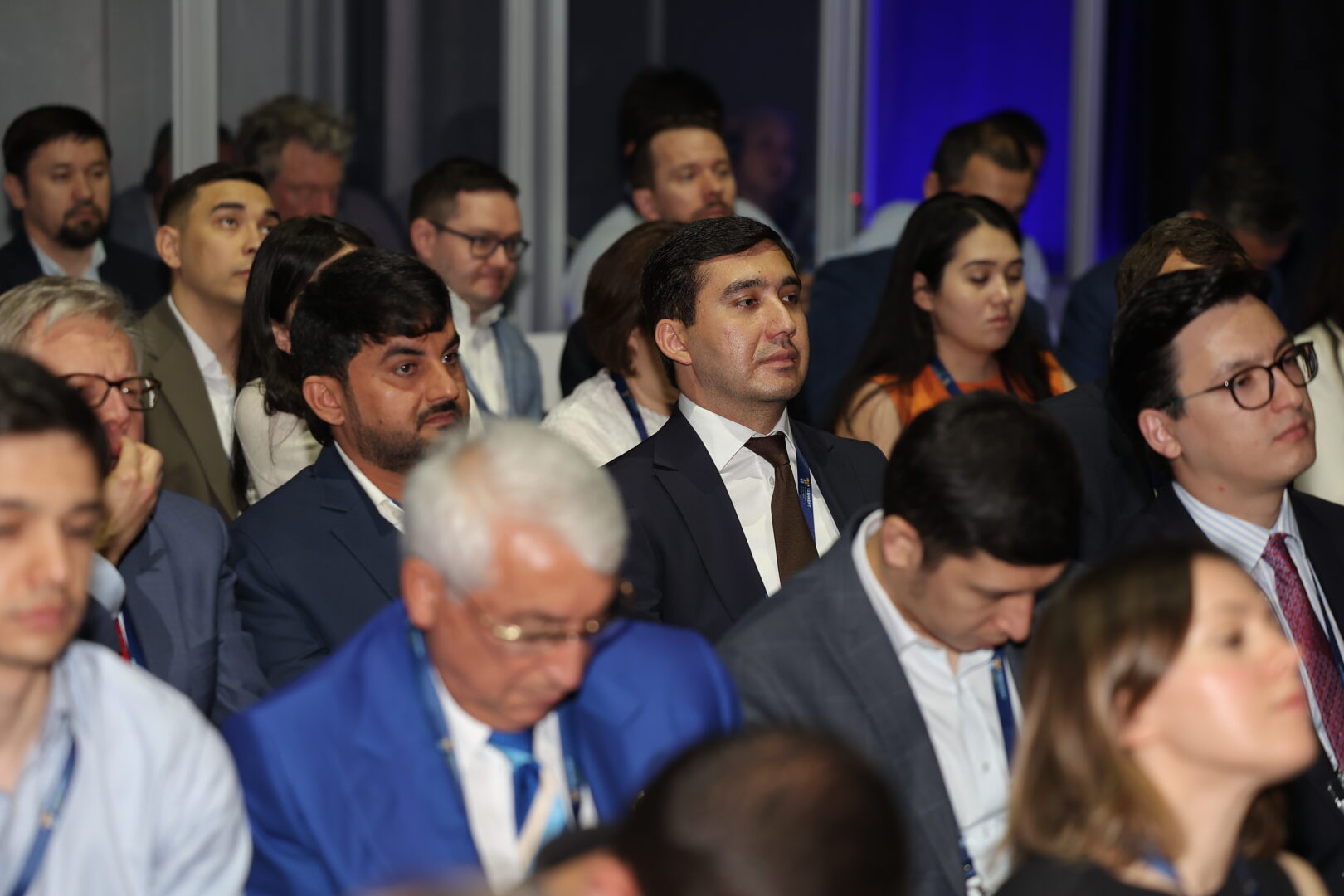
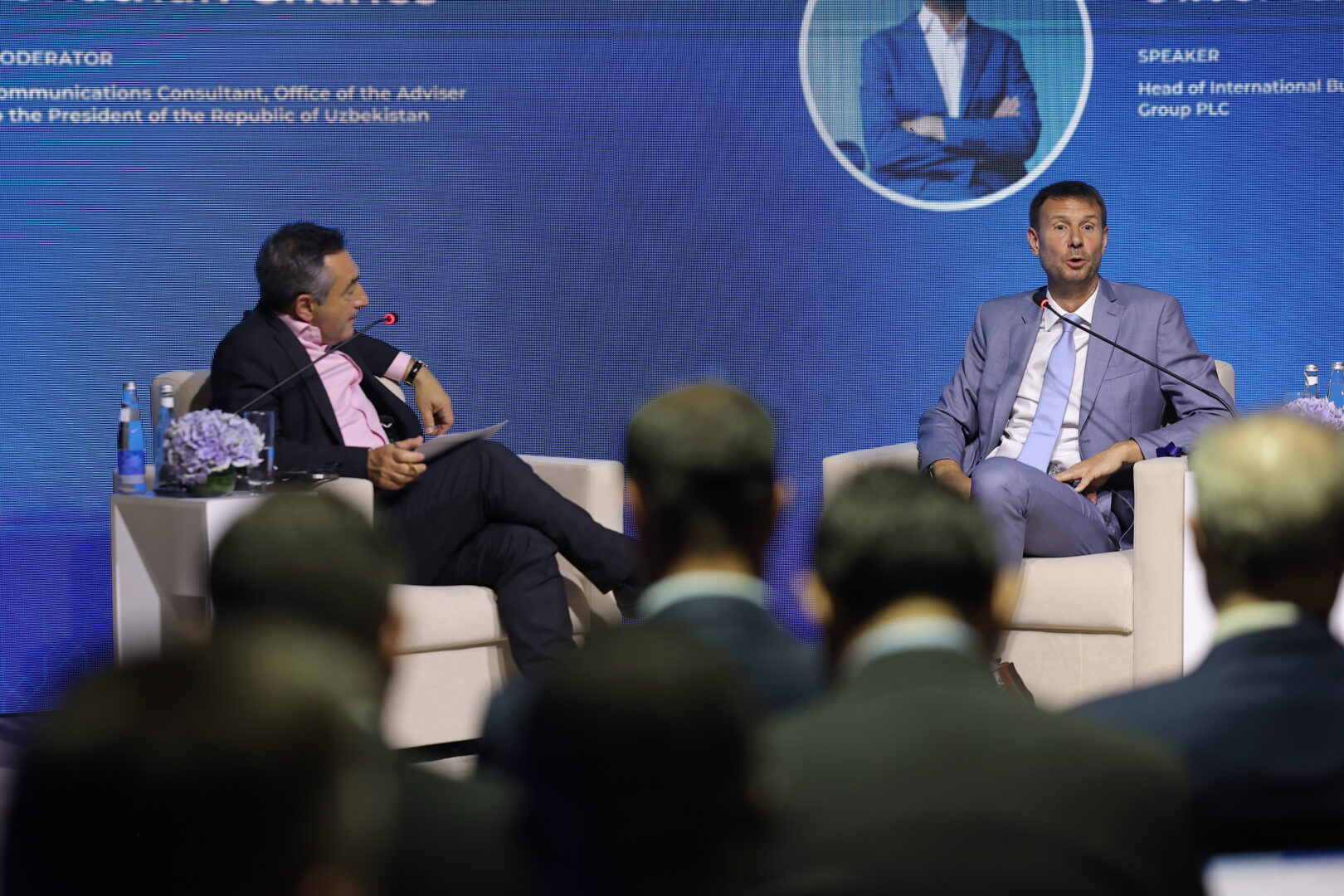
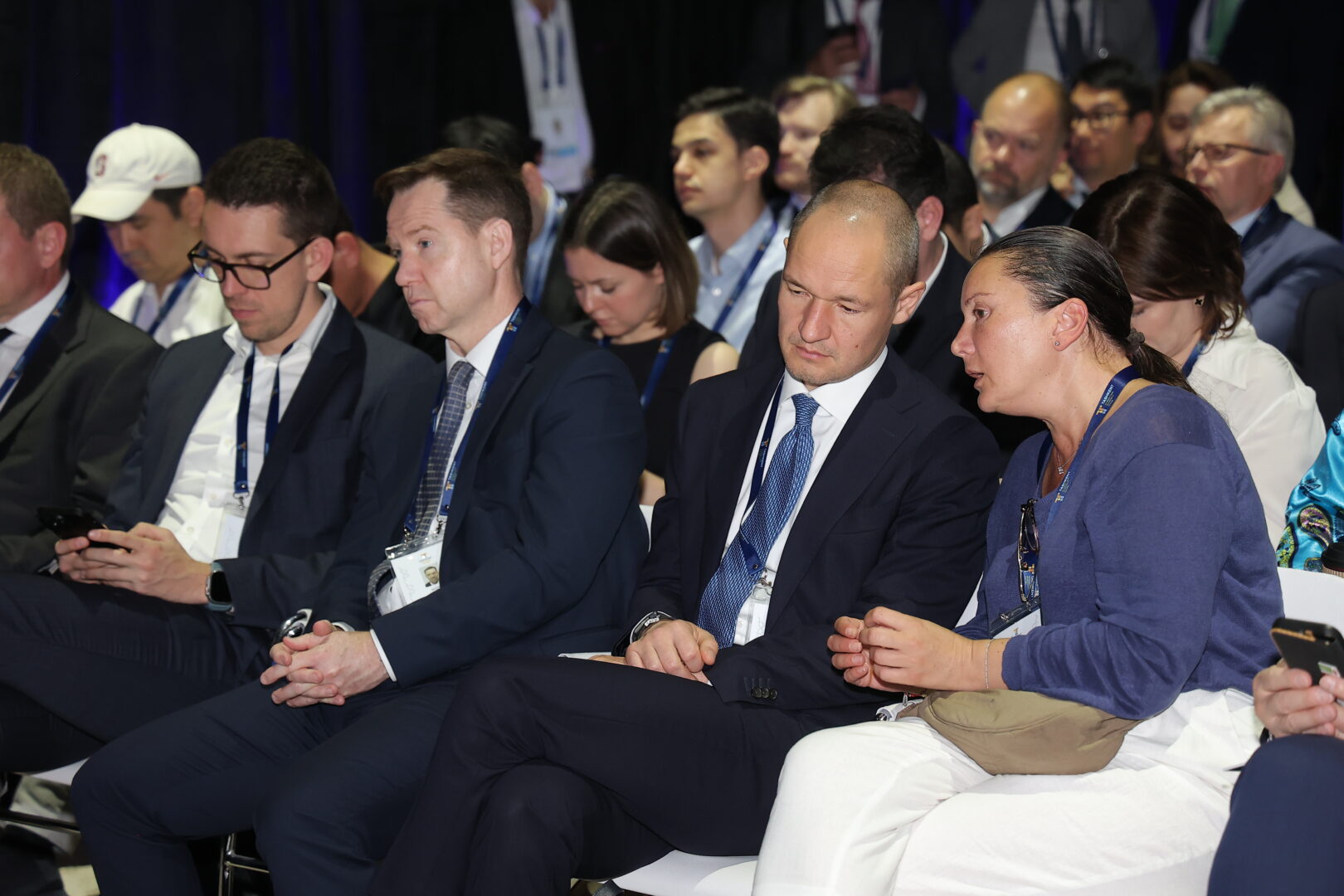
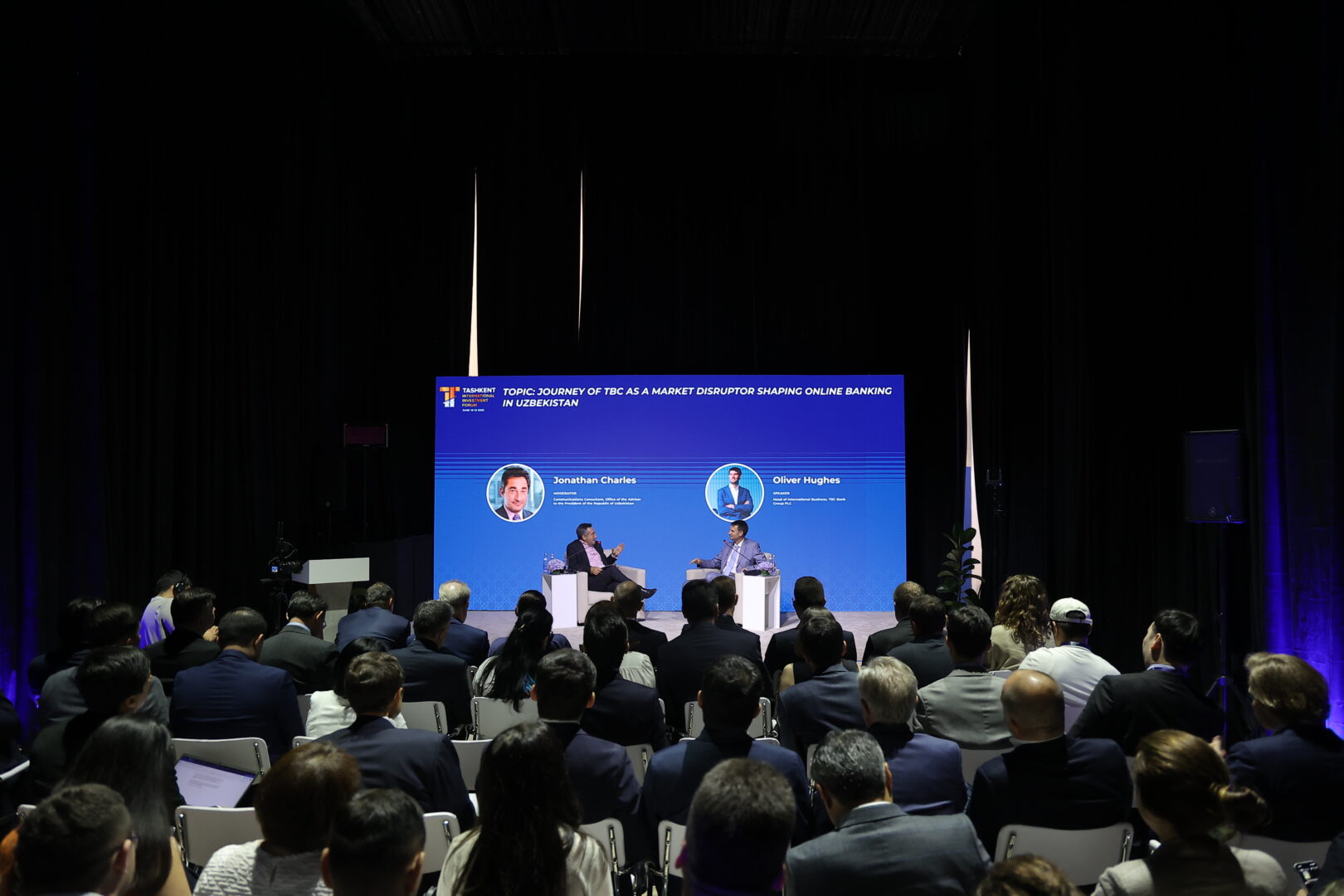
In the fintech sector, the session “Journey of TBC as a Market Disruptor Shaping Online Banking in Uzbekistan” reviewed TBC Bank’s rapid rise in the Uzbek market. Oliver Hughes, Head of International Business at TBC Bank Group PLC, shared the bank’s trajectory from acquiring Payme to reaching 20 million users and recording $41 million in profits in 2024. Hughes emphasised the need for market localisation, innovation in AI, and investment in digital infrastructure, forecasting a transformative shift in banking with the launch of a Large Language Model-based app.
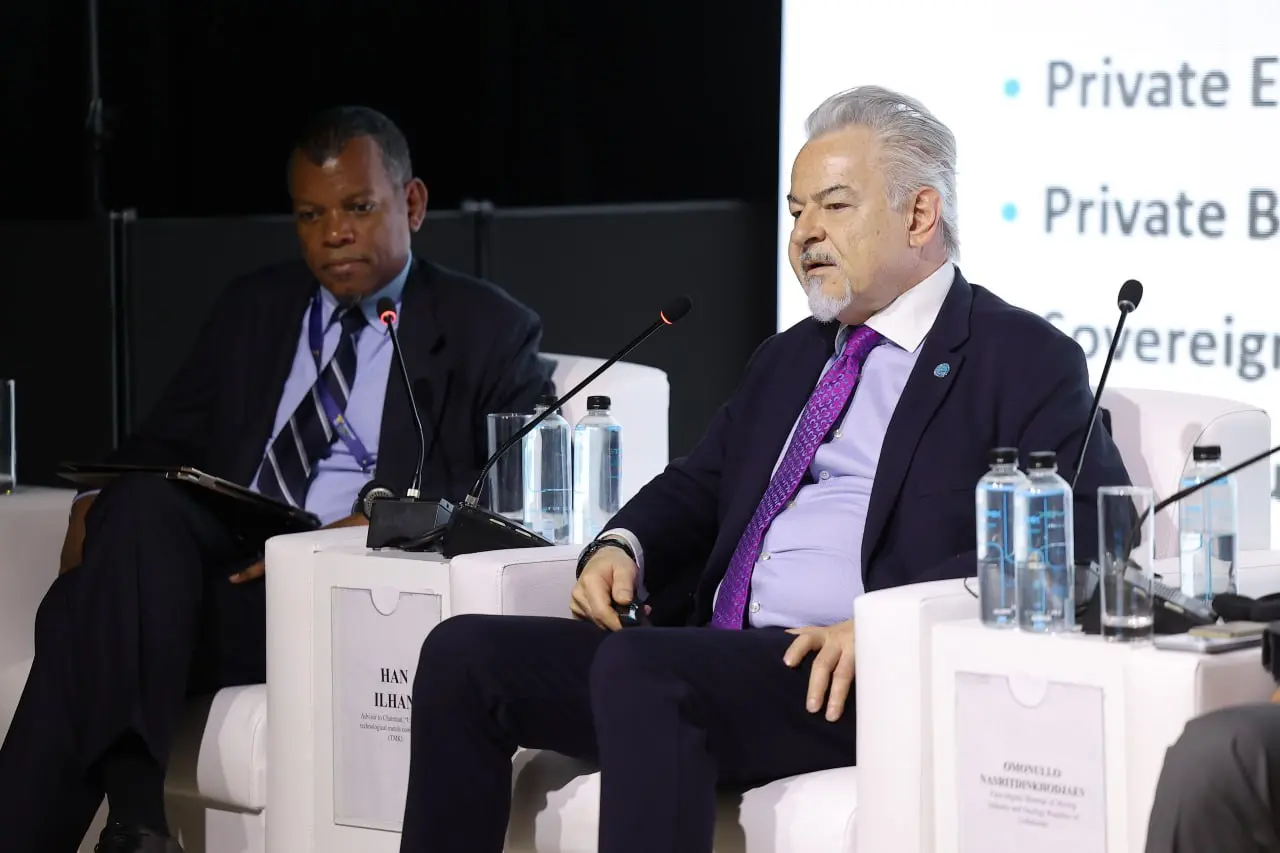
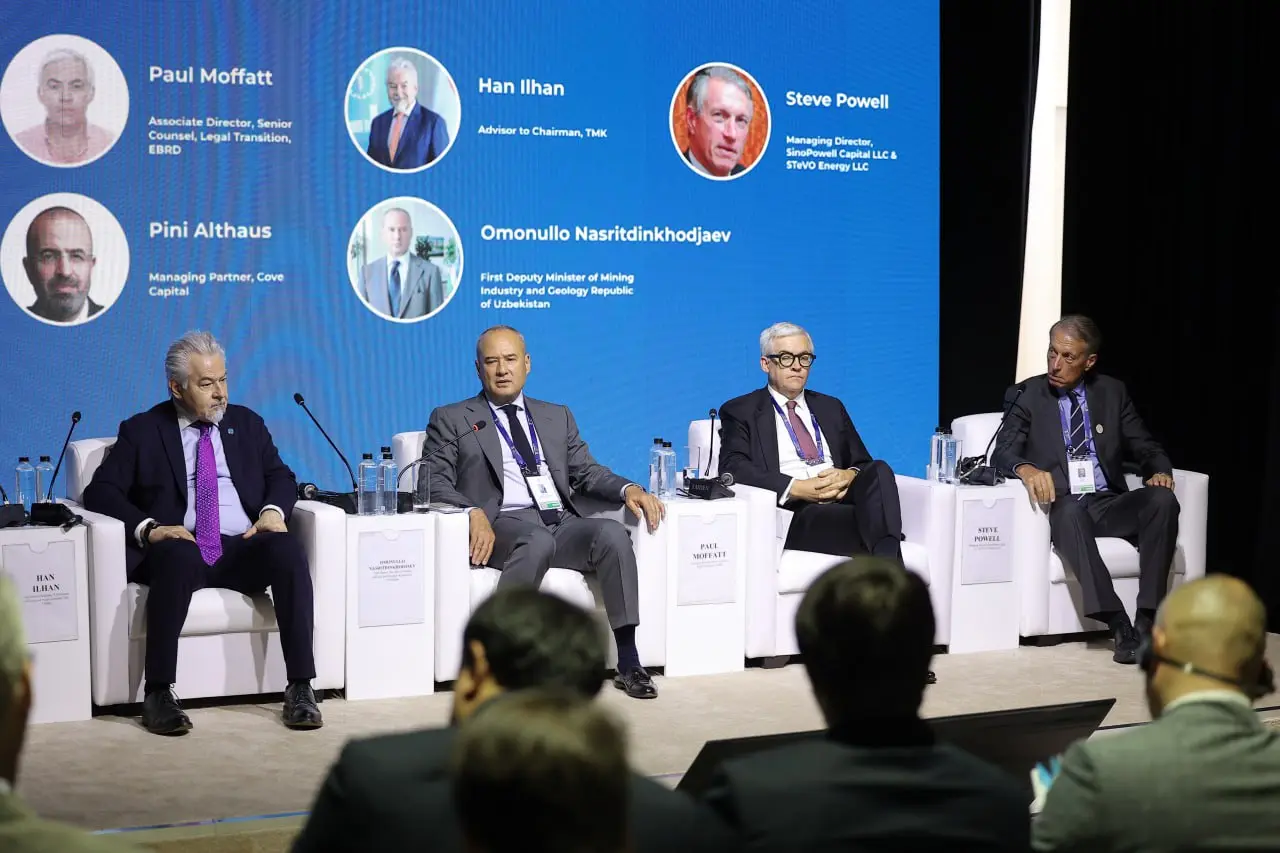
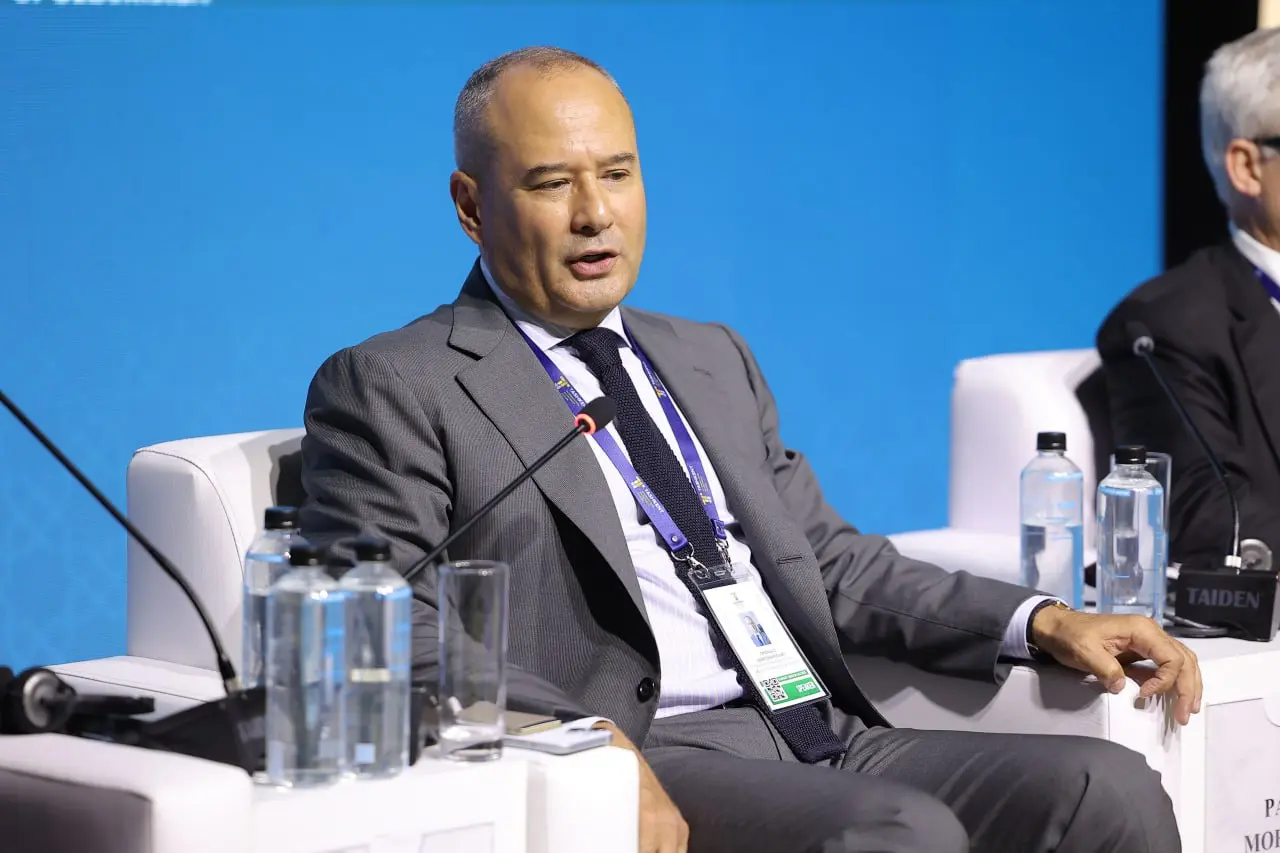
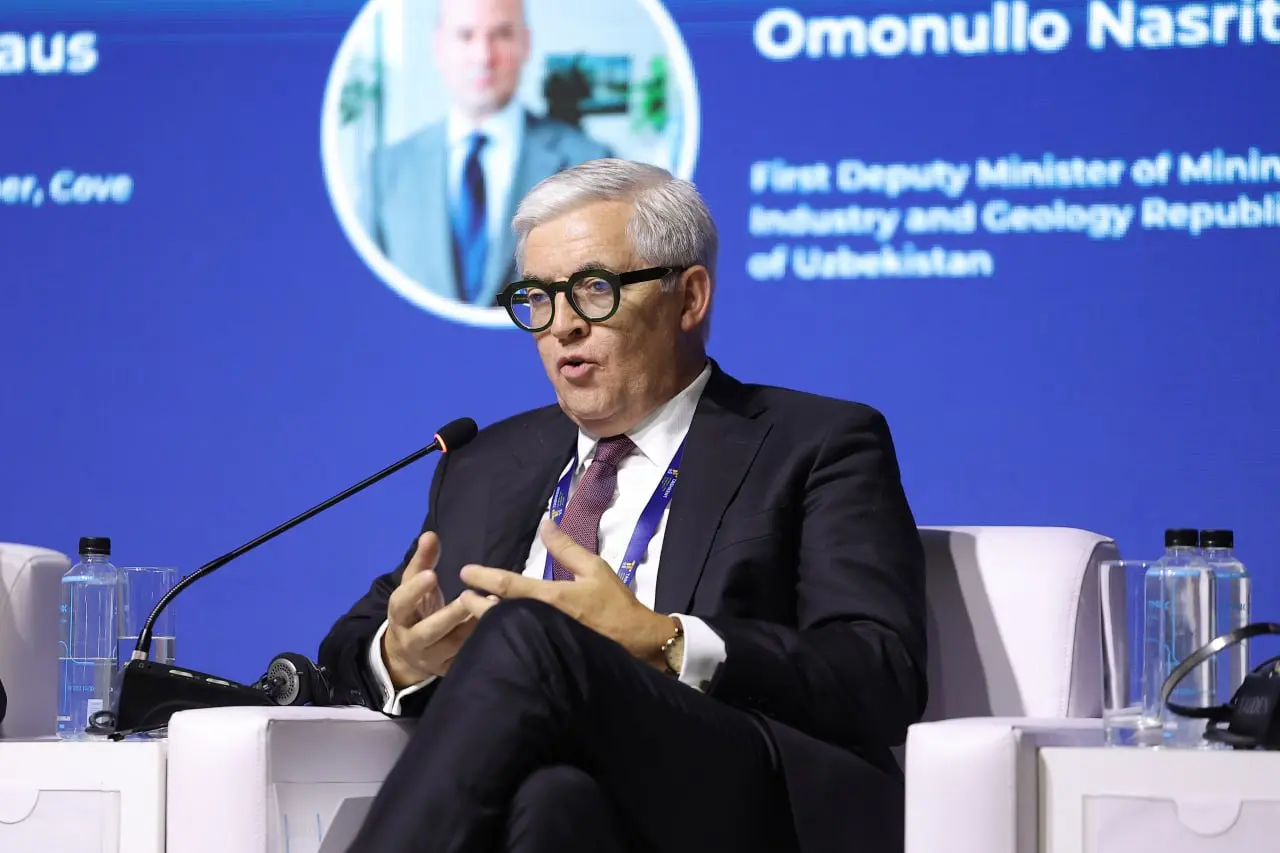
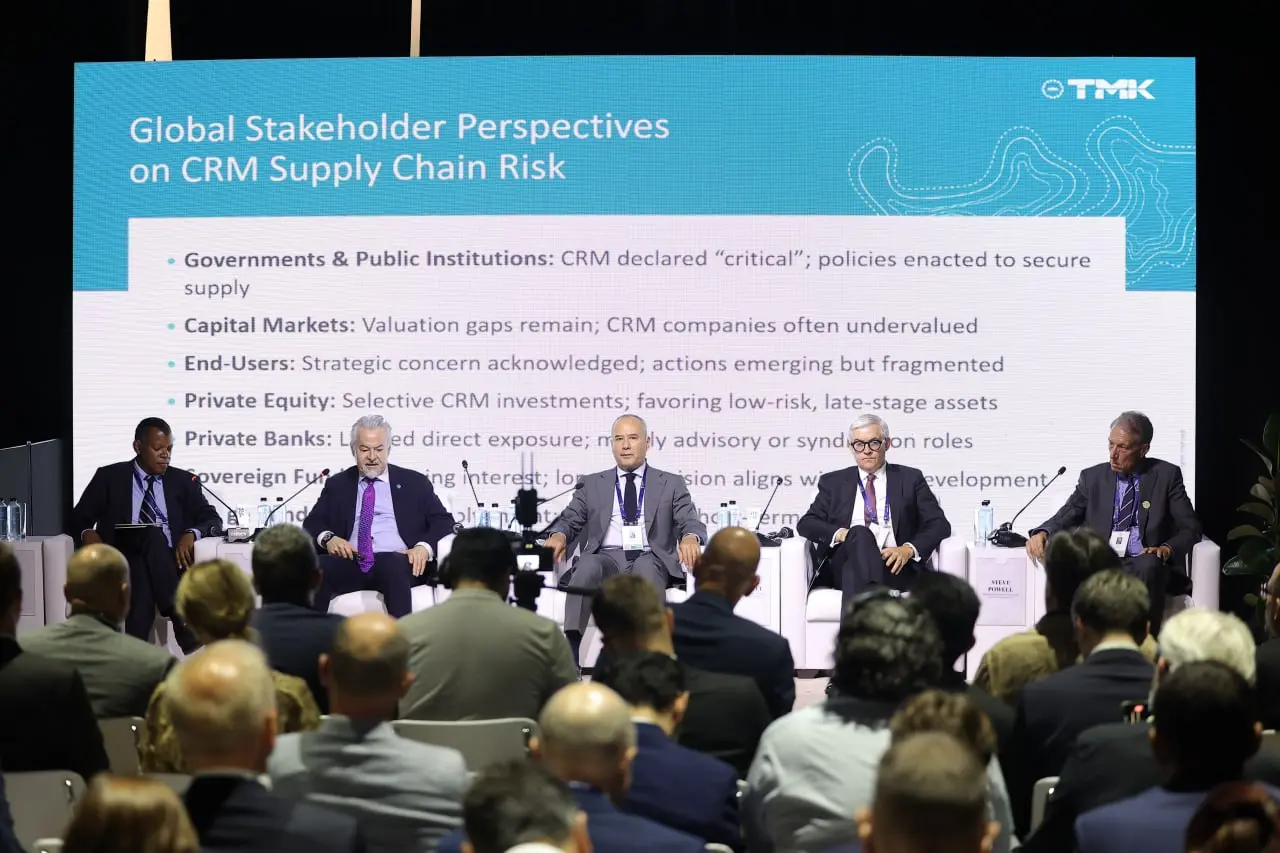

The session “Uzbekistan as a Strategic Hub for Critical Raw Materials: Investment Opportunities Across the Value Chain” examined the country’s untapped mining potential. John Mann of Montfort Eurasia moderated discussions with stakeholders from the EBRD, DFC, and UzTMK. Omonullo Nasritdinkhodjaev, First Deputy Minister of Mining Industry and Geology, stated that only one-third of Uzbekistan’s territory has been geologically surveyed, with the estimated value of subsoil assets reaching $3 trillion. Reforms such as the Subsoil Law and tax incentives were presented as key drivers for future investment.
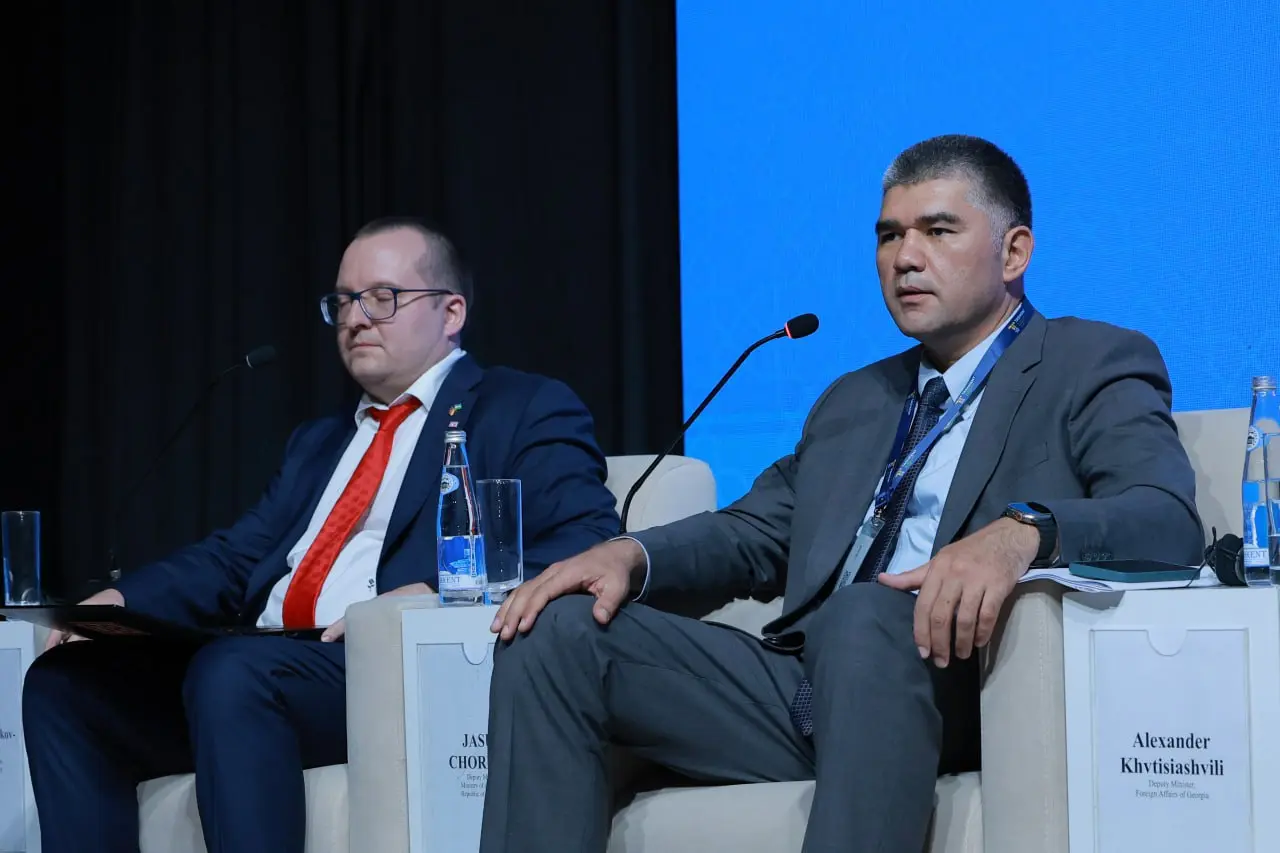
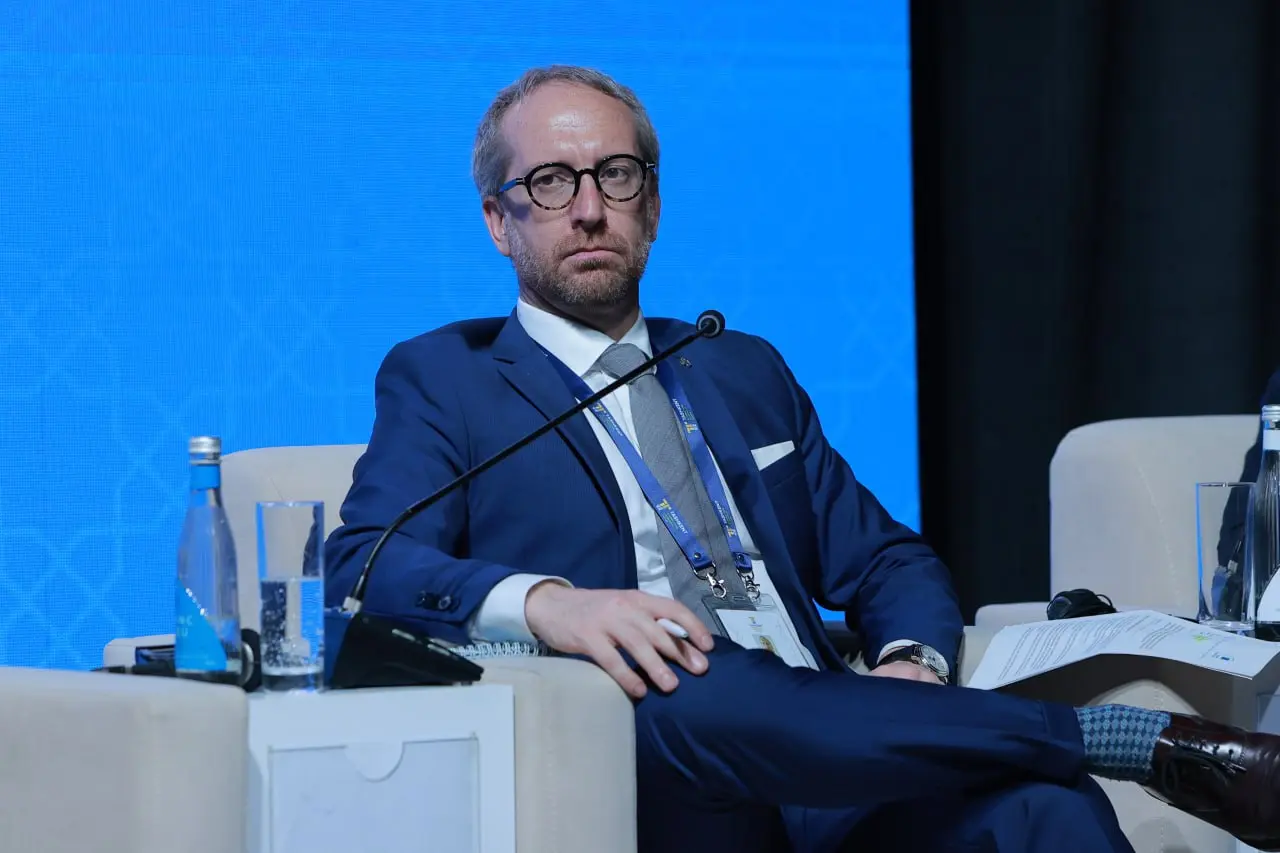
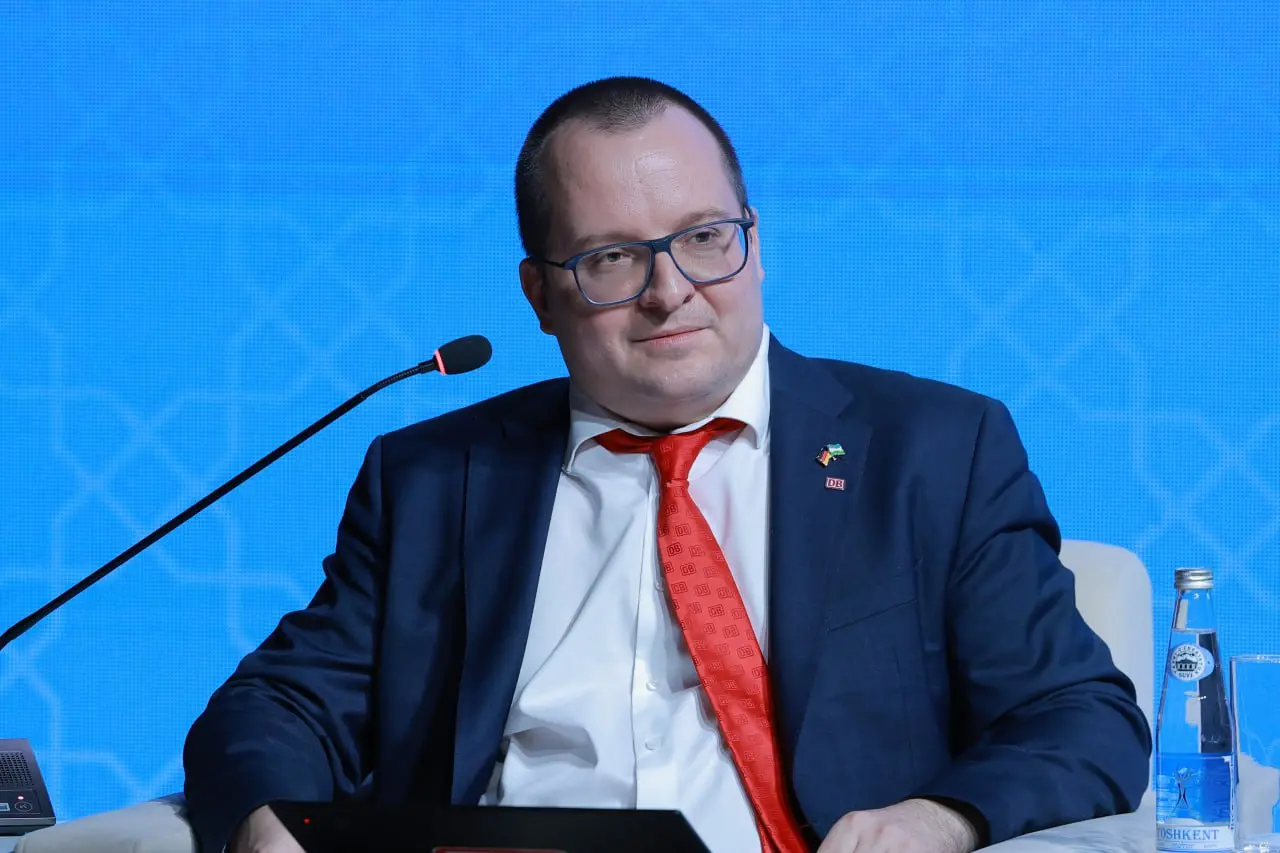
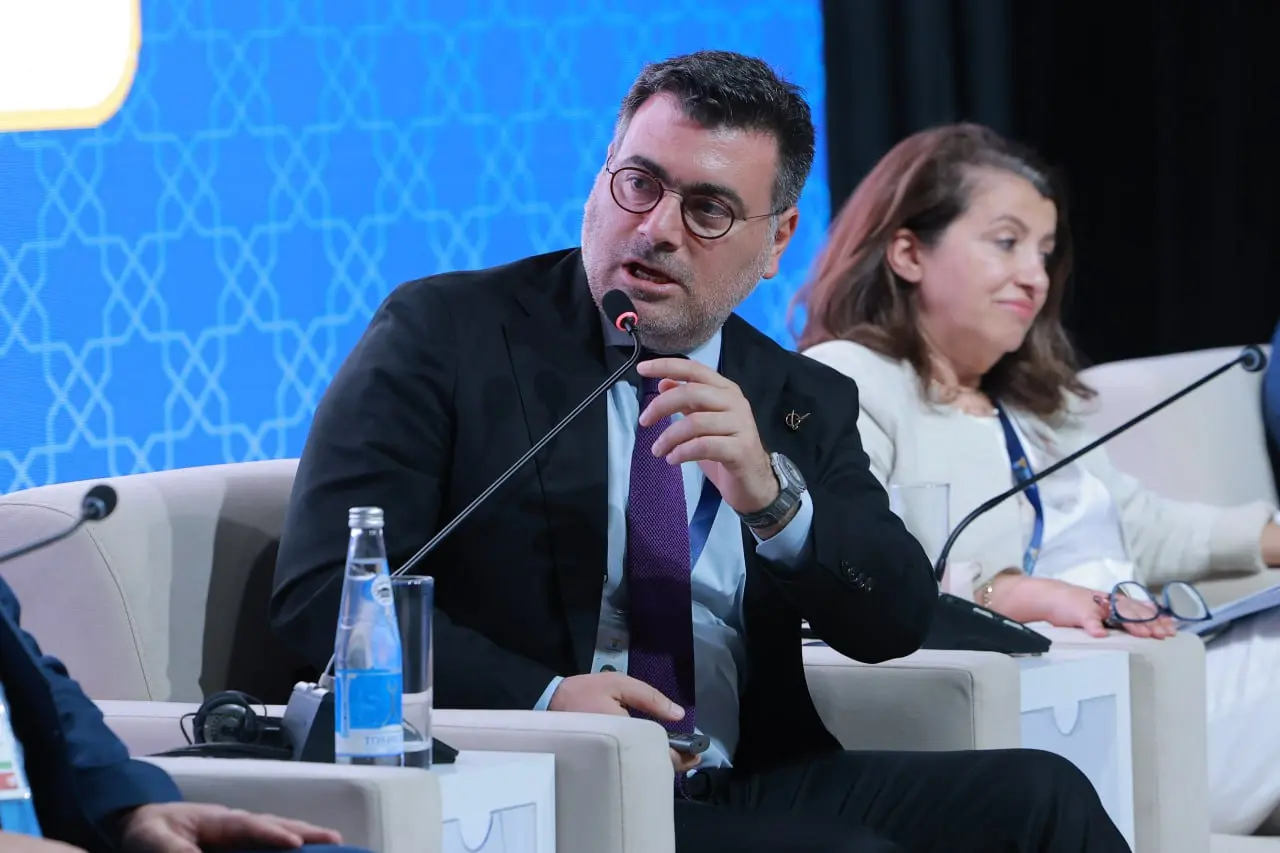


Finally, the session “Transportation Infrastructure: Today’s Silk Road Pathways” focused on modernising regional logistics systems. Deputy Minister of Transport Jasurbek Choriev announced plans for full electrification of the railway system by 2025 and shared updates on aviation growth, including a new international airport in Tashkent. Representatives from ADB, EIB, Boeing, and Egis discussed public-private partnerships, green transport, and digitisation of customs systems as essential components of Uzbekistan’s infrastructure roadmap.
These sessions showcased Uzbekistan’s evolving economic strategy, reaffirming its position as a dynamic regional hub for sustainable development, digital innovation, and global investment.
Source: IN Diplomacy Reporters

